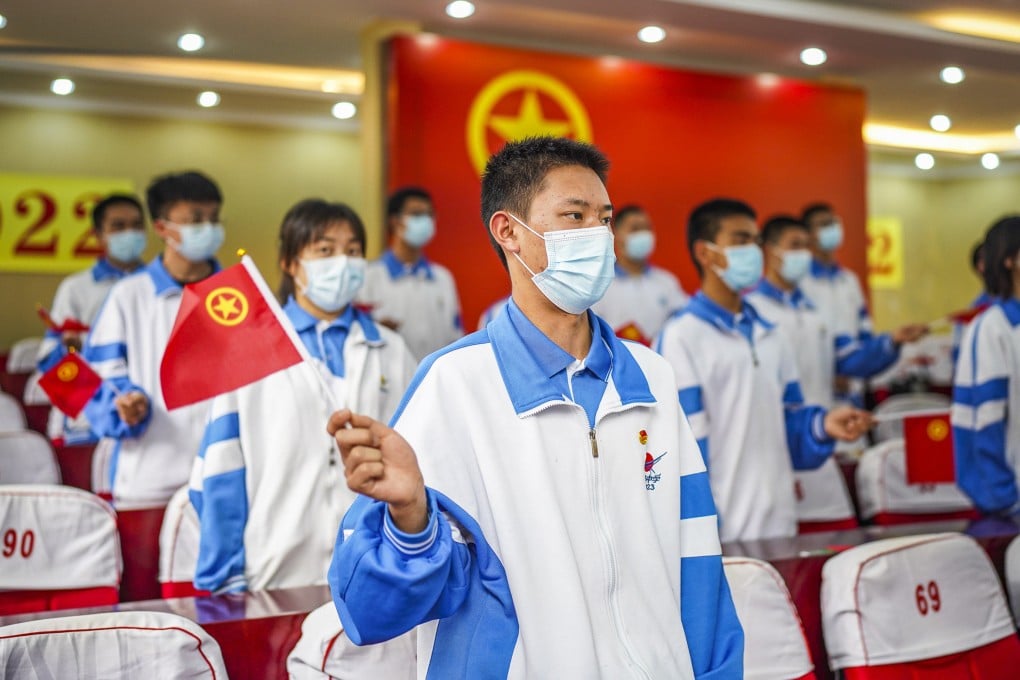China’s Communist Youth League gets new leader, aged 52, but role is ‘no longer fast track to the top’
- The body’s importance has been eclipsed in recent years and its new head A Dong is older than some previous incumbents
- However, A and other officials born in the 1970s may still be given a chance to prove themselves ahead of taking on more senior roles

The Communist Youth League, once a cradle of Chinese leaders, has been given a new head.
A Dong, 52, a former deputy governor and director of the publicity department in the northeastern province of Jilin, has been appointed as the first secretary of the Secretariat of the Communist Youth League’s Central Committee, becoming the youngest official to hold ministerial-level office in the country.
A replaces He Junke as head of the league, which had 73.5 million members aged between 14 and 28 at the end of last year.
He has been transferred to the semi-official China Association for Science and Technology as party chief.
The appointments, officially announced last week, came ahead of the youth league’s twice-a-decade national congress this summer.
The organisation’s charter describes it as a “reserve force” of the Communist Party and it was once a major power base for some of the country’s most senior figures – including former president Hu Jintao and former premier Li Keqiang.